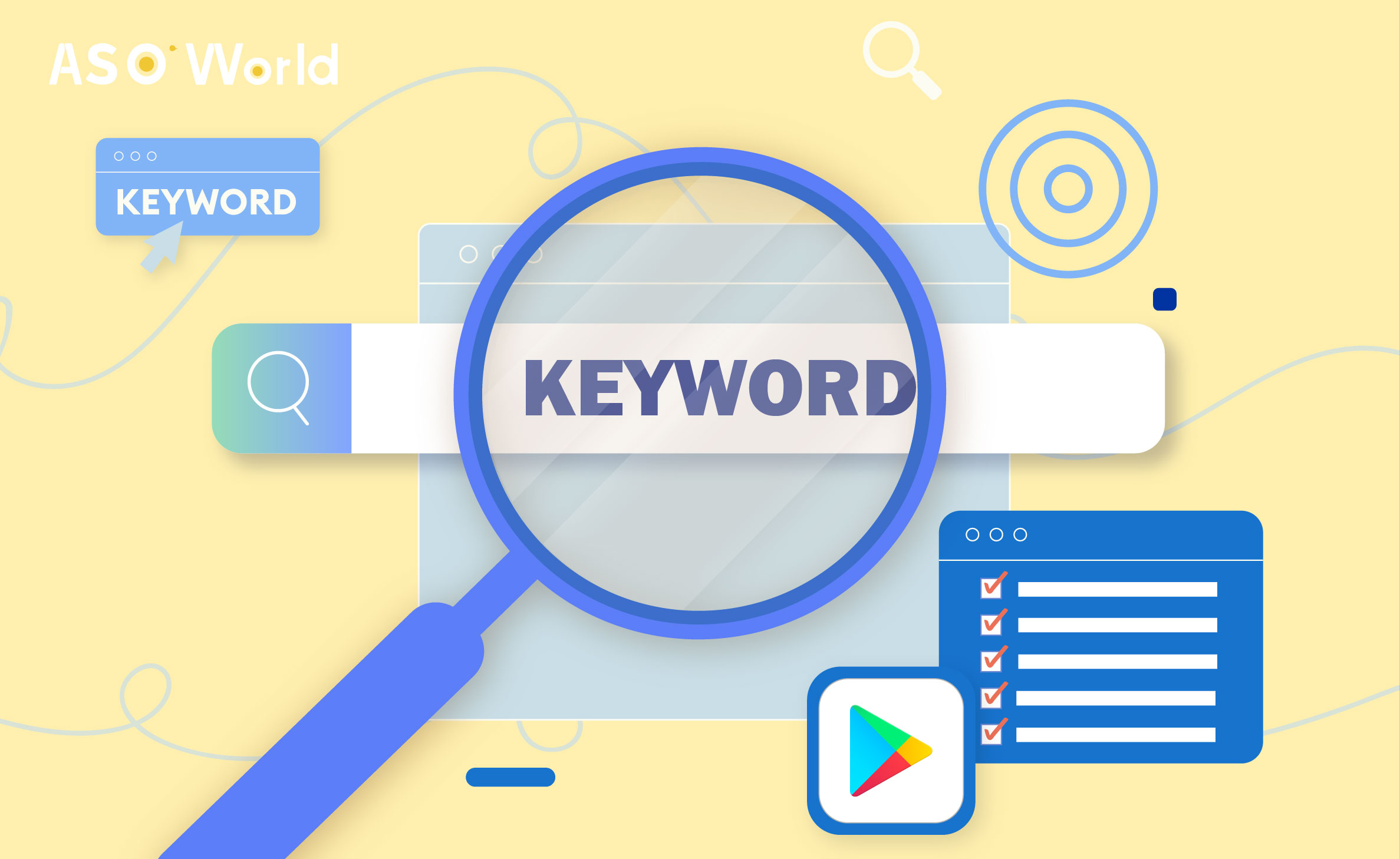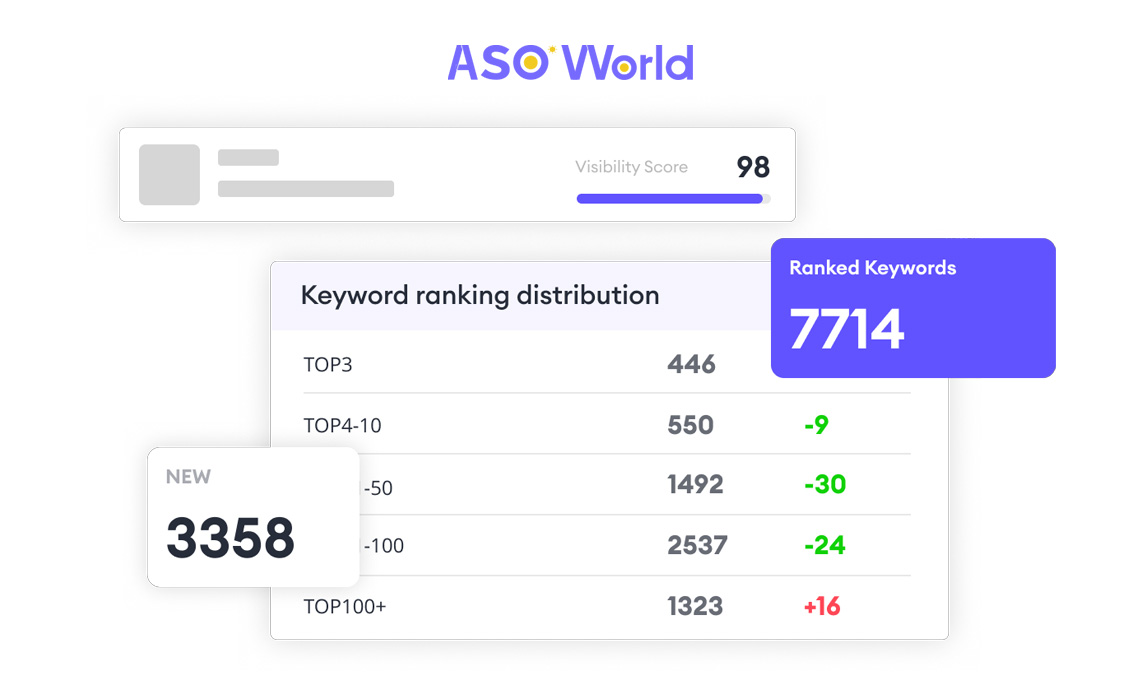A Complete Guide to Publishing an App on the Google Play Store






Discover how to optimise keywords on Google Play to improve app visibility, boost rankings, and increase user engagement using ASO best practices.

Effective keyword optimisation on Google Play necessitates distinct strategies compared with the App Store. Given the differing indexing rules and ranking factors, developers must tailor their approach to metadata placement and performance monitoring.
This guide examines proven techniques to enhance app discoverability whilst adhering to platform-specific best practices.
Google Play indexes three primary metadata components for search rankings.
The 30-character title carries the greatest ranking weight, demanding precise keyword selection. Unlike iOS’s hidden keyword field, every character here affects both visibility and user perception.
The 80-character short description serves a dual purpose: whilst its ranking influence is moderate, it has a critical impact on conversion rates. Emphasise the value proposition here whilst naturally incorporating high-priority keywords.
With 4,000 characters available, the long description offers ample space for keyword integration. Maintain a keyword density of around 3% (excluding repetitions of the app name) to avoid penalties. Strategic placement in opening paragraphs and feature lists delivers optimal results.
|
Fields
|
Character limit
|
Main functions
|
Keyword density recommendations
|
|
Title
|
30
|
Core ranking element, including high-priority keywords
|
High, moderate repetition
|
|
Short description
|
80 |
Supports conversion, expands on title information
|
Low, focus on relevance
|
|
Long description
|
4000 |
Detailed features, strategic keyword repetition
|
Approximately 2%, avoid keyword stuffing
|
Beyond standard metadata, developers may explore additional areas:
- Product ID: Historical cases, for example, Super Mario Bros included a short ranking for “zara” because the product ID contained “zara”. This may influence rankings, though it is not guaranteed, and often reflects naming conventions. According to the keyword optimisation guide, this approach should be used cautiously as its effect is unstable.
- Screenshot titles: Whilst there is no strong evidence for direct ranking influence, emphasising key features can increase appeal and keyword exposure, indirectly supporting visibility. It is recommended to combine this with visual asset optimisation and refer to the 3 Steps To Optimise Your Mobile App Visual Metadata.

While strategic keyword placement forms the basis of app discoverability, Google Play's ranking algorithm evaluates a range of technical and behavioural signals beyond metadata optimisation.
👉 Explore the Google Play keyword ranking algorithm with the ASOWorld team.
To enhance keyword performance, the following recommendations are advised:
Prioritise highly relevant, easily comprehensible keywords and avoid complex terms. Consider localisation (e.g., different market languages) and seasonality (e.g., summer photo-editing keywords).
👉 How To Increase Your App Store Search Traffic With Keyword Research & Optimisation
Repeat keywords throughout metadata, particularly in long descriptions, while maintaining recommended density to avoid overstuffing. ASOWorld’s keyword research tool can assist in monitoring density.
Regularly test strategies, monitor ranking and conversion changes, update metadata every 4–6 weeks, and adopt data-driven decision-making. Refer to the Google Play Policy Updates for insights into organic traffic.
Combine visual assets (such as screenshots and videos) to enhance appeal and conversion, emphasise target keywords, and ensure overall strategy coherence.
Effectively optimising Google Play keywords can markedly improve app visibility and user engagement. It is essential to balance keyword relevance with technical performance, user retention, and conversion rate, continuously refining through a data-driven approach.
In 2025, as user behaviour and algorithms evolve, developers should remain flexible and fully leverage tools to guide optimisation strategies.

Get FREE Optimization Consultation
Let's Grow Your App & Get Massive Traffic!
All content, layout and frame code of all ASOWorld blog sections belong to the original content and technical team, all reproduction and references need to indicate the source and link in the obvious position, otherwise legal responsibility will be pursued.